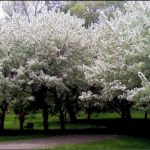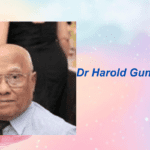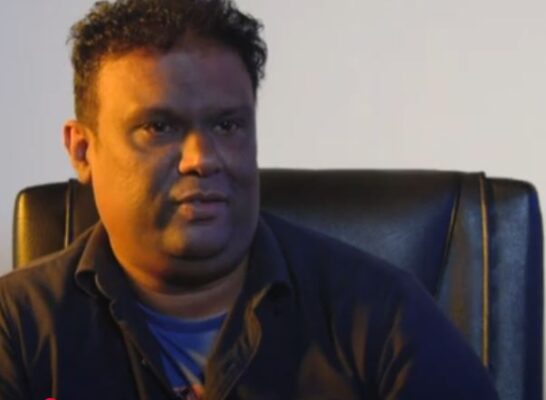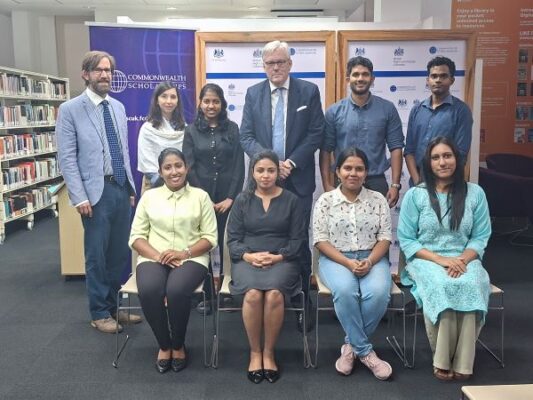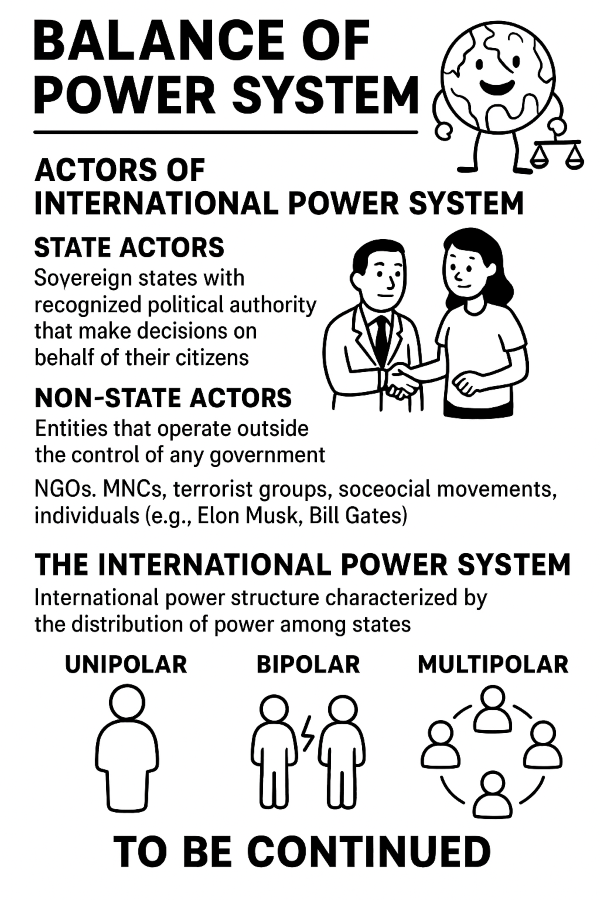The disease that robs your memory – By Dr Harold Gunatillake

Can you defeat it?
More than 25 million people in the world today are affected by dementia, most suffering from Alzheimer’s disease. In both developed and developing nations, Alzheimer’s disease has had a tremendous impact on the affected individuals, caregivers, and society. The etiological factors, other than older age and genetic susceptibility, remain to be determined.
Nevertheless, increasing evidence strongly points to the potential risk roles of vascular risk factors and disorders (eg, cigarette smoking, midlife high blood pressure and obesity, diabetes, and cerebrovascular lesions) and the possible beneficial roles of psychosocial factors (eg, high education, active social engagement, physical exercise, and mentally
stimulating activity) in the pathogenetic process and clinical manifestation of the dementing disorders.
The long-term multidomain interventions toward the optimal control of multiple vascular risk factors and the maintenance of socially integrated lifestyles and mentally stimulating activities are expected to reduce the risk or postpone the clinical onset of dementia, including Alzheimer’s disease.
According to the latest WHO data published in 2020 Alzheimers & Dementia Deaths in Sri Lanka reached 6,939 or 5.98% of total deaths. The age-adjusted Death Rate is 27.62 per 100,000 population ranks Sri Lanka #14 in the world.
Where Are the Lowest Rates of Alzheimer’s in the World?
AS written by Michael Greger M.D. FACLM
The rates of dementia differ greatly around the world, from the lowest rates in Africa, India, and South Asia, to the highest rates in Western Europe and especially North America. Is it all just genetics? Well, the incidence of dementia and Alzheimer’s disease is significantly lower for Africans in Nigeria than for African Americans in Indianapolis, for example—up to five times lower.
Alzheimer’s rates of Japanese-Americans living in the U.S. are closer to that of Americans than to Japanese. When people move from their homeland to the United States, Alzheimer’s rates can increase dramatically. Therefore, when Africans or Asians live in the United States and adopt a Western diet, their increase in Alzheimer’s risk suggests that it’s not genetics.
Unfortunately, one doesn’t have to move to the West to adopt a Western diet. The prevalence of dementia in Japan has shot up over the last few decades. Mechanisms to explain this in Japan include increases in cholesterol, saturated fat, and iron from increases in the consumption of animal products. Traditional diets are generally weighted toward vegetable products such as grains and away from animal products. But since 1960, the diet in Japan has changed from a more traditional rice-based diet to one with a preponderance of meat. From 1961 to 2008, meat and animal fat increased considerably, whereas the rice supply dropped. The dietary factor most strongly associated with the rise in Alzheimer’s disease in Japan was the increased consumption of animal fat.
If any of your loved ones have these changes, you need to suspect Alzheimer’s disease.
Loss of balance or coordination
• Stiff muscles
• Feet that shuffle or drag when you walk
• Trouble standing or sitting up in a chair
• Weak muscles and fatigue
• When and how much you sleep
• Trouble controlling your bladder or bowels
• Seizures and uncontrollable twitches
Differences Between Dementia and Alzheimer’s
Differences Between Dementia and Alzheimer’s
Dementia is the name for a group of brain disorders that make it hard to remember, think clearly, make decisions, or even control your emotions. Alzheimer’s disease is one of those disorders.
Can Brain Exercises Prevent Dementia?
Scientists need to do more research to find out for sure. But a number of studies show there are benefits to staying mentally active.
Ground-breaking new Curtin University-led research has discovered a likely cause of Alzheimer’s disease, in a significant finding that offers potential new prevention and treatment opportunities for Australia’s second-leading cause of death.
The study, published in the PLOS Biology journal and tested on mouse models, identified that a probable cause of Alzheimer’s disease was the leakage from blood into the brain of fatcarrying particles transporting toxic proteins.
Lead investigator Curtin Health Innovation Research Institute (CHIRI) Director Professor John Mamo said his collaborative group of Australian scientists had identified the probable ‘blood-to-brain pathway’ that can lead to Alzheimer’s disease, the most prevalent form of dementia globally.
“While we previously knew that the hallmark feature of people living with Alzheimer’s disease was the progressive accumulation of toxic protein deposits within the brain called beta-amyloid, researchers did not know where the amyloid originated from, or why it deposited in the brain,” Professor Mamo said.
“Our research shows that these toxic protein deposits that form in the brains of people living with Alzheimer’s disease most likely leak into the brain from fat carrying particles in blood, called lipoproteins.
“This ‘blood-to-brain pathway’ is significant because if we can manage the levels in blood of lipoprotein-amyloid and prevent their leakage into the brain, this opens up potential new treatments to prevent Alzheimer’s disease and slow memory loss.”
Building on previous award-winning research that showed beta-amyloid is made outside the brain with lipoproteins, Professor Mamo’s team tested the ground-breaking ‘blood-to-brain pathway’ by genetically engineering mouse models to produce human amyloid-only liver that make lipoproteins.
Health, environmental, and lifestyle factors that may contribute to Alzheimer’s disease Research suggests that a host of factors beyond genetics may play a role in the development and course of Alzheimer’s disease. There is a great deal of interest, for example, in the relationship between cognitive decline and vascular conditions such as heart disease, stroke, and high blood pressure, as well as metabolic diseases, such as diabetes and obesity. Ongoing research will help us understand whether and how reducing risk factors for these conditions may also reduce the risk of Alzheimer’s. Hope this video presentation on Alzheimer’s disease was useful. Keep your brain active and walk for over an hour per day.
Stay safe and Goodbye for now.
Disclaimer:
The information contained in this article is for general information purposes only, and whilst the author will endeavour to keep the information up to date and correct, eLanka makes no representations or warranties of any kind, express or implied, about the completeness, accuracy, reliability, suitability or availability with respect to the eLanka website or the information, products, services, or related graphics contained in this article for any purpose. Any reliance you place on such information is therefore strictly at your own risk. In otherwords, eLanka In no event will we be liable for any loss or damage including without limitation, indirect or consequential loss or damage, or any loss or damage whatsoever arising from loss of data or profits arising out of, or in connection with, the use of this website / article. Also please note that through this website / web page articles you are able to link to other websites which are not under the control of eLanka and therefore we have no control over the nature, content and availability of those sites. The inclusion of any links does not necessarily imply a recommendation or endorse the views expressed within them.










